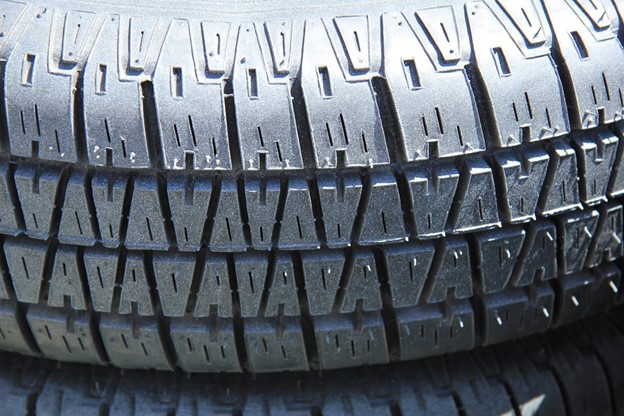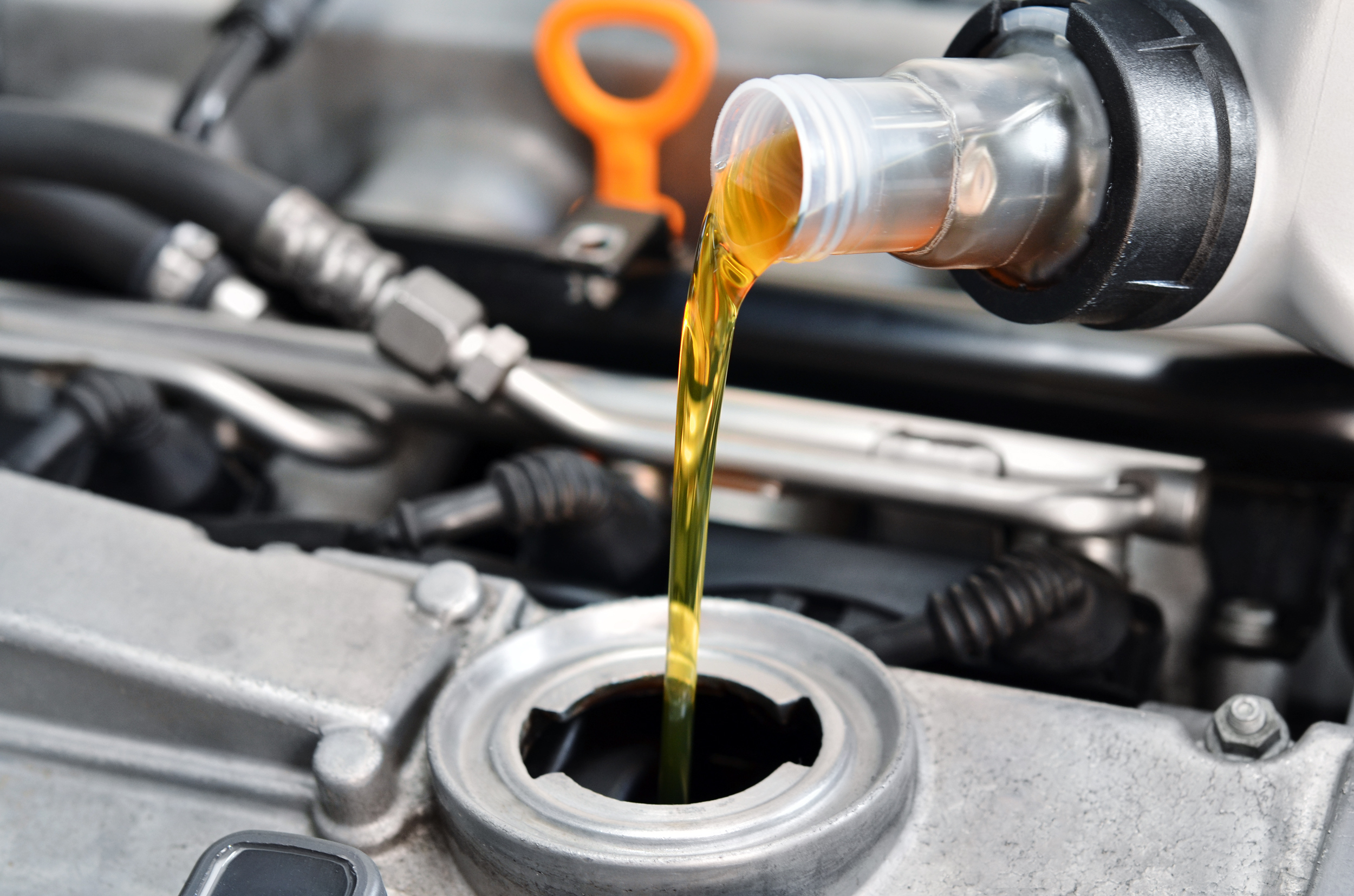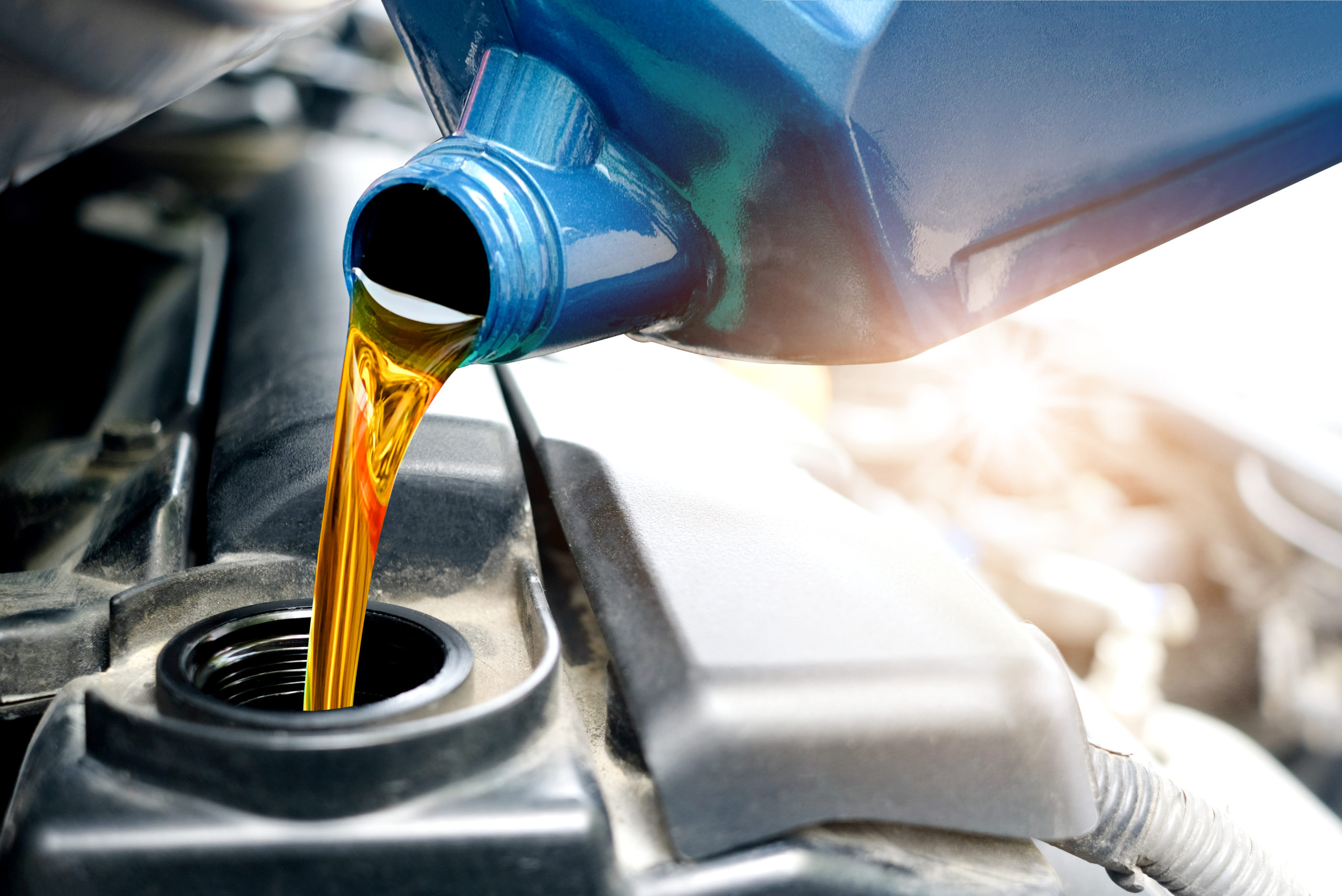Your tires must be properly inflated. In fact, it is so important that every manufacturer has a sticker located on the inside of the driver’s door that tells you the recommended PSI, or pounds per square inch, that your tires should be inflated to.
If your tires are either over-or under-inflated, you can encounter a variety of problems. Here are some of those issues.
Uneven Tread Wear
Many factors play a role in the lifespan of your tires. One important factor that you might overlook is making sure that each tire has adequate tire pressure.
Low tire pressure can result in uneven tread wear. When this is the case, you can run into problems including the tire balding in either the inner tire or outer tire. This can be problematic as it can lead to loss of control of your vehicle on wet or icy roads and cause accidents.
Unevenly worn tires can also lead to alignment problems and uneven wear can shorten the lifespan of your tires. In addition to properly inflating your tires, balance and rotate your tires to avoid uneven wear and the additional cost of replacing your tires while also increasing the life of your current ones.
Reduced Fuel Economy
An under-inflated tire can result in increased consumption of fuel or a decrease in the number of miles you get per gallon. An underinflated tire is harder to move, which places more resistance on the engine. This extra resistance increase fuel consumption.
Ensuring your tires are properly inflated will not only increase the life of your tires; it will ensure that you save fuel in the long run and also extend the life of your engine as well. Doing a tire pressure check once a month is recommended to ensure your tire is properly inflated.
Increased Risk for Blowouts
Overinflating your tire can lead to problems with your tire. One of the most common risks associated with overinflating your tire is increasing the risk for blowouts. When you overinflate your tire, you are putting more air in the tire than it is designed to hold. The tire can become misshapen and you put extra pressure along the walls of the tire.
Once you start to drive an overinflated tire, you have a greater risk of encountering a blowout. An overinflated tire can also take longer to slow after hitting your brakes and affect things such as anti-lock braking systems, all of which put you at greater risk for a serious accident.
Uncomfortable Ride
A lesser-known tire problem is a bumpy and uneven ride when riding on overinflated tires. When your tires are fully inflated, you may think that they will glide more smoothly over the road, but the opposite can occur.
When your tires are overinflated, they have no give and this will cause you to feel every crack, lump, or pothole in the road. What you wind up with is a bumpy and uneven ride. Jarring in the car can affect the alignment in your spine and lead to headaches and low back problems.
It is recommended that you check the tire pressure on your tires every month and before you head out on a road trip. As tires can wear differently, check the pressure of all four tires, don’t just rely on the reading of one tire.
If you are unsure of how to check your tire pressure, or you notice damage to your tire while checking the pressure, bring your car to a professional tire shop to be looked at. Here at Evans Tire & Service Centers, we can help you with all of your tire needs. Contact us today to make an appointment.





